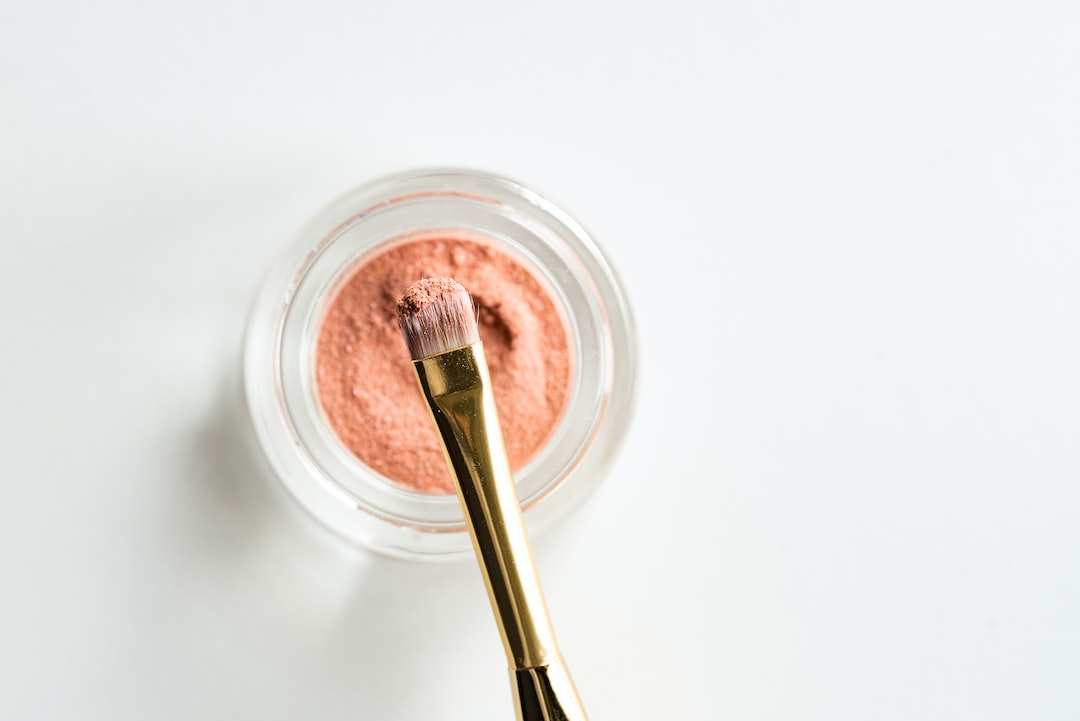The Science Behind Anti-Aging Skincare: Ingredients to Look for
In today’s society, where youthfulness is highly valued, it is no surprise that the market is flooded with countless anti-aging skincare products. From creams to serums, the options seem endless. But how do you know which ones actually work? It all comes down to the science behind the ingredients. In this blog post, we will explore some key ingredients to look for in your anti-aging skincare products and the science behind their effectiveness.
Retinol: The Holy Grail of Anti-Aging
Retinol is a form of vitamin A and has long been considered the holy grail of anti-aging skincare. This powerful ingredient works by increasing the production of new skin cells and collagen, reducing the appearance of fine lines and wrinkles. Retinol also helps to even out skin tone and reduce hyperpigmentation. It works on a cellular level, stimulating the skin’s natural renewal process.
Hyaluronic Acid: Moisture Magnet
As we age, our skin loses moisture, leading to dullness and dryness. Hyaluronic acid comes to the rescue by acting as a moisture magnet, attracting and retaining water in the skin. It has the ability to hold up to 1000 times its weight in water, making it a vital ingredient for hydrating the skin and plumping up fine lines and wrinkles. By maintaining proper hydration, hyaluronic acid helps to give the skin a more youthful and supple appearance.
Peptides: Building Blocks of Youthful Skin
Peptides are short chains of amino acids, the building blocks of proteins such as collagen and elastin. These proteins are responsible for maintaining the skin’s structure and elasticity. As we age, our natural production of collagen and elastin decreases, resulting in sagging and wrinkling of the skin. Peptides in skincare products can help boost collagen and elastin production, promoting firmer and more youthful-looking skin.
Vitamin C: The Skin Brightener
Vitamin C, also known as ascorbic acid, is a powerful antioxidant that plays a crucial role in collagen synthesis. It protects the skin from free radical damage caused by environmental factors such as UV exposure and pollution. Vitamin C also helps to brighten the complexion, evening out skin tone and fading dark spots. Its antioxidant properties help give the skin a healthy and radiant glow.
Niacinamide: The Multi-Tasker
Niacinamide, or vitamin B3, is a versatile ingredient with various benefits for anti-aging skincare. Studies have shown that niacinamide can improve skin elasticity, reduce the appearance of fine lines and wrinkles, and even out skin tone. In addition, it can help regulate sebum production, making it suitable for all skin types. Niacinamide also has anti-inflammatory properties, making it effective in soothing redness and irritation.
Conclusion
When it comes to anti-aging skincare, understanding the science behind the ingredients is essential. Retinol, hyaluronic acid, peptides, vitamin C, and niacinamide are just a few examples of ingredients that have been scientifically proven to deliver noticeable results. By incorporating products that contain these ingredients into your skincare routine, you can take a proactive approach to aging gracefully and maintaining youthful-looking skin. Remember, consistency is key – the science may be on your side, but patience and dedication are necessary to achieve the best results. So, next time you are shopping for anti-aging skincare products, make sure to look out for these powerful ingredients. Your skin will thank you for it!

